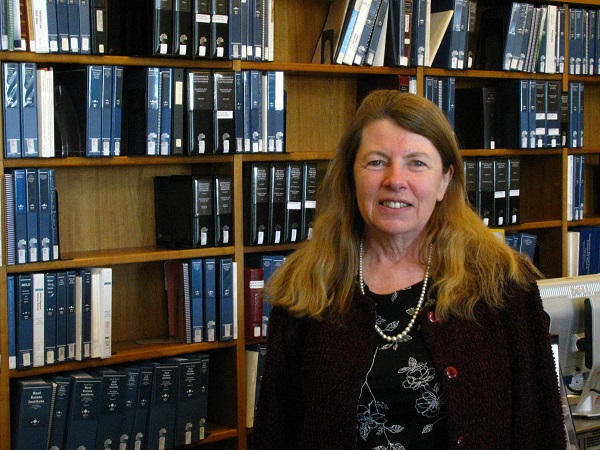Human trafficking is an issue that never goes away. This sort of crime often involves the most young and vulnerable victims, with perpetrators who are often established middle-aged men. Trafficking often takes place quietly over the internet in the heart of our own local communities. The problem becomes even harder to fight when it involves practices that are shrouded and protected by social or cultural norms.
The cultural complication is central in a case at the U.S. District Court of Minnesota, which recently made national news. In the case of Panyia Vang v. Thiawachu Prataya et al, the plaintiff is seeking statutory damages under “Masha’s Law” (18 U.S.C. 2255). Basically, Masha’s law is federal civil legislation offering victims the chance for monetary relief in cases such as child pornography, child sex tourism, and child sex trafficking. Vang’s attorney, Linda Miller, believes this is the first case to use Masha’s Law to recover monetary damages from child sex tourism. Read the tragic and shocking story that appeared in a recent issue of the Star Tribune describing what happened to Panyia Vang as a fourteen-year-old that ultimately led to Miller filing this case in 2011. Combating this kind of abuse is the professional mission of Miller (pictured here), who is the founder and executive director of the local organization Civil Society.
If you think someone is a victim of human trafficking, call the National Human Trafficking Resource Center at (888) 373-7888. Do you represent victims of human trafficking in your regular or pro bono legal practice? Consider checking out our copy of Representing Survivors of Human Trafficking (ILRC 2nd) by I. Lee and L. Parker.
